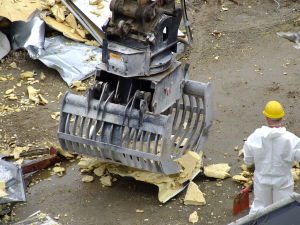Charlotte Personal Injury Attorney Matt Arnold answers the question: “What is the harm of being on social media when trying to settle an injury claim?”
A 2016 research study by The Pew Research Center estimates that over 65% of adults in the United States use some form of social media. With the number of applications available on a smart phone, tablet, or computer, that is not a surprise. Everyone is excited to check in with their followers and update them on what is happening in their lives. Social media helps people connect with others all across the country, and even the world, whom they might otherwise not have met or been able to keep in steady contact with. While social media becomes more popular, it is essential to evaluate the impact it has on other parts of life. Social media can play an important role should you be involved in a personal injury suit. Social media can be beneficial to a plaintiff’s case, but it can quickly turn into a detriment.
 Charlotte Injury Lawyers Blog
Charlotte Injury Lawyers Blog




